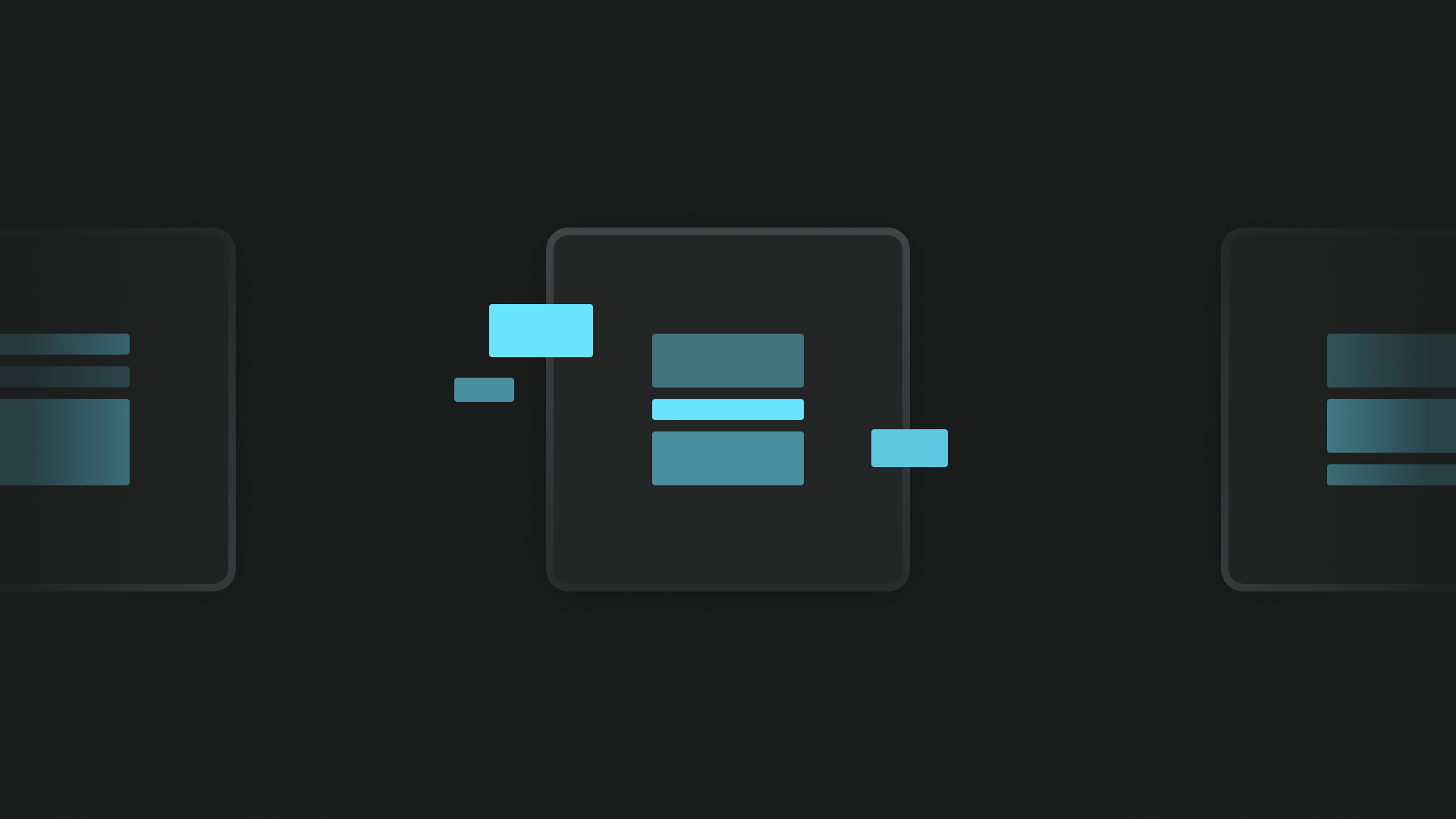A Time Management Guide for Productive Remote Work

Many of us once believed that gathering in one place was required for productive work. Since the 2020 pandemic, remote work has become a standard mode of working and we have seen that it can be productive. Afterward, many companies returned to the office or adopted a hybrid model that mixes office days with remote days. Around the world there is an ongoing debate about how much time teams should spend in the office versus at home.
Pros and cons of remote work
Why do some companies still want people in the office. One reason is the belief that remote employees are less productive. Remote work actually offers several advantages that can raise productivity, but it helps to look at both sides so we can choose how to manage our time when we work from home.
1. Save commute time and energy
Working from home removes the commute and the energy drain that comes with it. If you invest that saved energy into your work, productivity can rise. At the same time, remote work can blur boundaries. You can check work right after waking up and after you log off. When work feels always nearby, you may keep working with low immersion, which is unproductive.
2. Work where you want
Choosing your workspace can help focus and creativity. A quiet library or a favorite cafe can be useful. But homes and cafes are not optimized for work. At home the TV, the fridge, the bed, and the sofa all call for attention. In a cafe there is noise and limited equipment. Many people still choose a library like setting to minimize distractions.
3. Reduce unnecessary communication and protect focus
In the office, sudden meetings or coffee chats can pop up. If that happens often, it hurts productivity when you need to finish something. Remote work can reduce some of that overhead and help you focus. Not all ad hoc communication is bad, though. Sudden conversations can spark ideas and build trust. Cut only the unnecessary parts while keeping team bonds strong.
Time management methods for productive remote work
Planning is the key to productive remote work.
- Set your work hours and outline today’s tasks. Know how many hours you have and when your meetings are. Then place the right tasks into the open windows with Time Blocking. Plans will change, but a plan helps you keep focus and avoid missing important work. You can always adjust and optimize later.
- Use calendar visibility to protect focus. When you must not be interrupted, mark a clear deep work block so teammates know you are focusing. Do not mark every hour as deep work. Use it only for work that truly requires it so you protect both personal productivity and team collaboration.
